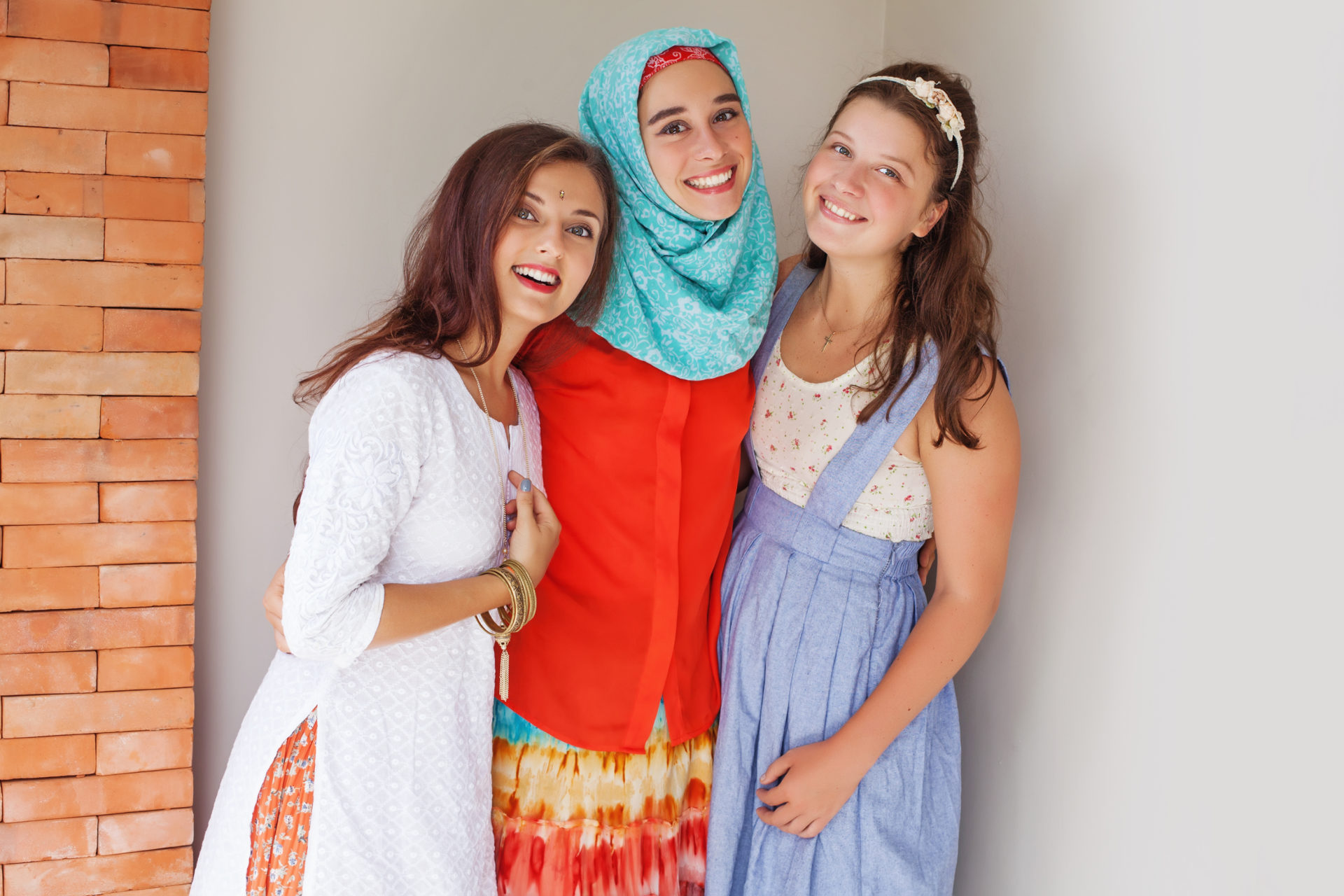Rita Newton was in a quandary as she prepared to host an Oklahoma City interfaith meeting.
It was April 1995, a few days after a bomb had torn apart the Alfred P. Murrah Federal Building. Newton, who was executive director of the Oklahoma Conference of Churches at the time, wanted to invite the leader of a local Islamic mosque to a gathering of religious leaders.
There was only one problem: She had no idea who he was.
“I’m embarrassed to say I didn’t know the imam. I met him then,” Newton said recently.
Newton has since retired from her post with the conference of churches. She said the days are long gone when religious leaders knew very few of their counterparts outside their own faith tradition.
As a result, a thriving interfaith community has developed in Oklahoma City.
But Newton said various events will strengthen and enhance interfaith connections in the metro area over the next several months, starting with the Interfaith Alliance of Oklahoma’s Interfaith Day of Service on Saturday at a local women’s transitional living center.
It’s part of a new interfaith initiative called “Beyond Coexistence” that has captured the attention of local religious leaders from a wide variety of faiths. The initiative, led by the Interfaith Alliance and Oklahoma City University, is a series of forums and other activities focusing on themes from the book “Acts of Faith: The Story of an American Muslim, the Struggle for the Soul of a Generation” by Eboo Patel.
Patel, founder and president of Interfaith Youth Core, a Chicago-based organization building the interfaith movement on college campuses, will share his thoughts on deepening interfaith ties Oct. 23 at OCU.
Pivotal time
In his books and presentations, Patel has said he believes people of different faiths can go beyond merely tolerating each other’s differences or coexisting. He said efforts should be made to build bridges of understanding across faith lines. These days, those efforts should focus on fostering meaningful interfaith relationships, particularly among young people, he said.
Patel has said one way to bring youths of different faiths together is through service projects that benefit the whole community.
Newton and other leaders who move in local interfaith circles agree.
“Service was one of the things that youth were excited about, and it’s also about dealing with the great challenges we face — together,” said Mark Davies, dean of OCU’s Petree College of Arts and Sciences. “To take care of this world, we have to be together.”
Religious communities have to be more intentional about involving young people in interfaith discussions and activities, and many local faith leaders are ready to begin passing the interfaith baton to a younger generation, said Adam Soltani, executive director of the Council on American-Islamic Relations, Oklahoma Chapter.
“I think we’ve really reached a pivotal point. We can’t just hold onto it and hope they will adopt it,” Soltani said of local interfaith efforts. “The new generation is not going to do interfaith like the older generation, and I think Eboo Patel has figured it out.”
‘From the bottom up’
Matt Patrick, 20, a Christian who is an OCU junior majoring in religion, and Evan Traylor, a Jewish teen from Edmond who attends college in Kansas, discussed Patel’s ideas recently.
“I think it’s great,” Patrick said of Patel’s idea to enhance interfaith awareness among youths. “It can’t come from the top down. It has to start from the bottom up.”
Traylor, 19, a member of Temple B’nai Israel, shared similar sentiments: “I think Eboo Patel is harnessing something powerful: faith and youth.”
The Rev. Rodney Newman, OCU chaplain, said many OCU students are excited about Patel’s visit to their campus and the interfaith activities surrounding it.
“I think it’s not necessarily anything new in Oklahoma City. What’s new is its being raised to greater consciousness — to a greater level,” Newman said.
He said many of today’s youths and young adults don’t see the interaction and friendships between people of different faiths as a project, but more as a way of life.
“They don’t have a lot of the preconceived ideas that those of us in older generations have had for generations,” Newman said. “They have no patience with marginalization because somebody is a different faith. They just don’t get that.”
Interacting for peace
Carmen Clay, service-learning program director at Casady School, said she hopes younger students are open to the idea of interfaith interaction. She said interfaith awareness will likely be a theme running throughout Casady School’s “12 Days of Peace” which starts Sept. 11.
The initiative is in conjunction with Nobel Peace Laureate Archbishop Desmond Tutu’s “Eleven Days of Global Unity” campaign, she said. Casady’s youth advisory council will decide on service projects for the students to perform during those days.
Clay said Casady School students will be encouraged to read Patel’s books, and local interfaith leaders will be asked to visit the school to share their insights with students.
“I want peace and kindness to be more attractive than war and violence and indifference,” she said. “Eboo Patel is shaking us out of our complacency to give peace a chance.”

